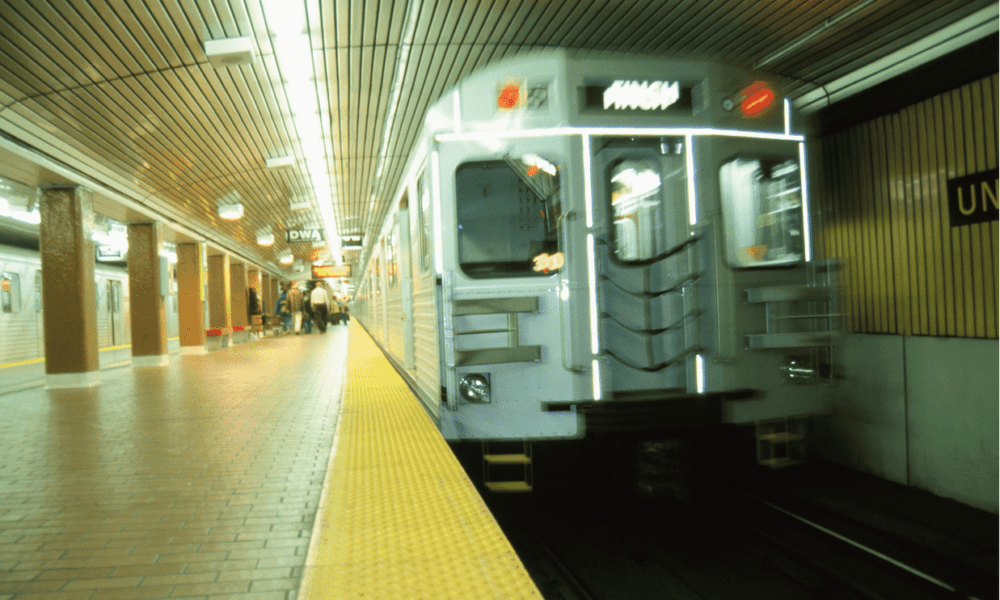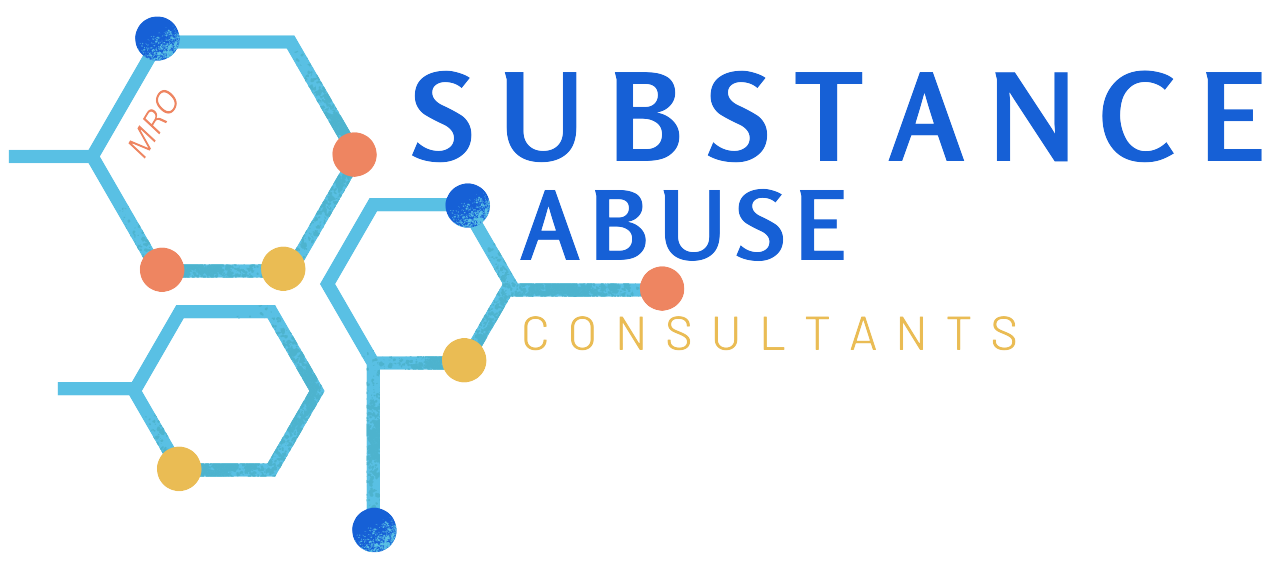
The Omnibus Transportation Employee Testing Act of 1991 mandated the Secretary of Transportation to issue regulations to combat prohibited drug use and alcohol misuse in the transportation industry. For that portion of the transportation industry has to do with the provision of and service to the public of mass transportation, FTA is the agency delegated with the authority and responsibility for issuing these implementing rules. These rules are encompassed in 49 CFR Part 655, Prevention of Alcohol Misuse and Prohibited Drug Use in Transit Operations.
The Federal Transit Administration (FTA) oversees a variety of jobs and careers within the public transportation sector, ensuring safety and compliance with federal regulations. Workers in roles such as bus drivers, subway operators, light rail operators, maintenance technicians, and dispatchers are subject to FTA authority. These positions are critical to the safe and efficient operation of public transit systems, and thus, workers are required to undergo regular drug testing. This ensures that those responsible for transporting passengers are not impaired by substances that could jeopardize safety.
Medical Review Officers (MROs), Substance Abuse Professionals (SAPs), and drug testing consortiums are vital components in the

regulation of jobs by the FTA. MROs play a critical role in reviewing and verifying drug test results, ensuring the accuracy and integrity of the testing process. SAPs provide evaluation, treatment, and follow-up for employees who test positive, guiding them through the process of returning to duty safely. Drug testing consortiums streamline the testing process for smaller employers by pooling resources to manage random drug testing programs efficiently. These elements work together to maintain a drug-free workplace, safeguarding public safety and ensuring compliance with FTA regulations.
In 2023 the Dept of Transportation (DOT) required drug and alcohol random testing rates for specific recipients of FTA financial assistance. The minimum random drug testing rate will remain at 50 percent, and the random alcohol testing rate will remain at 10 percent. The best easiest way of making sure you are in DOT and Federal Transit Agency drug screening compliance to be part of a random drug screening program.
FTA required large transit employers to begin drug and alcohol testing of employees performing safety-sensitive functions, and to submit annual reports by March 15 of each year beginning in 1996, pursuant to drug and alcohol regulations adopted by FTA at 49 CFR parts 653 and 654 in February 1994.
